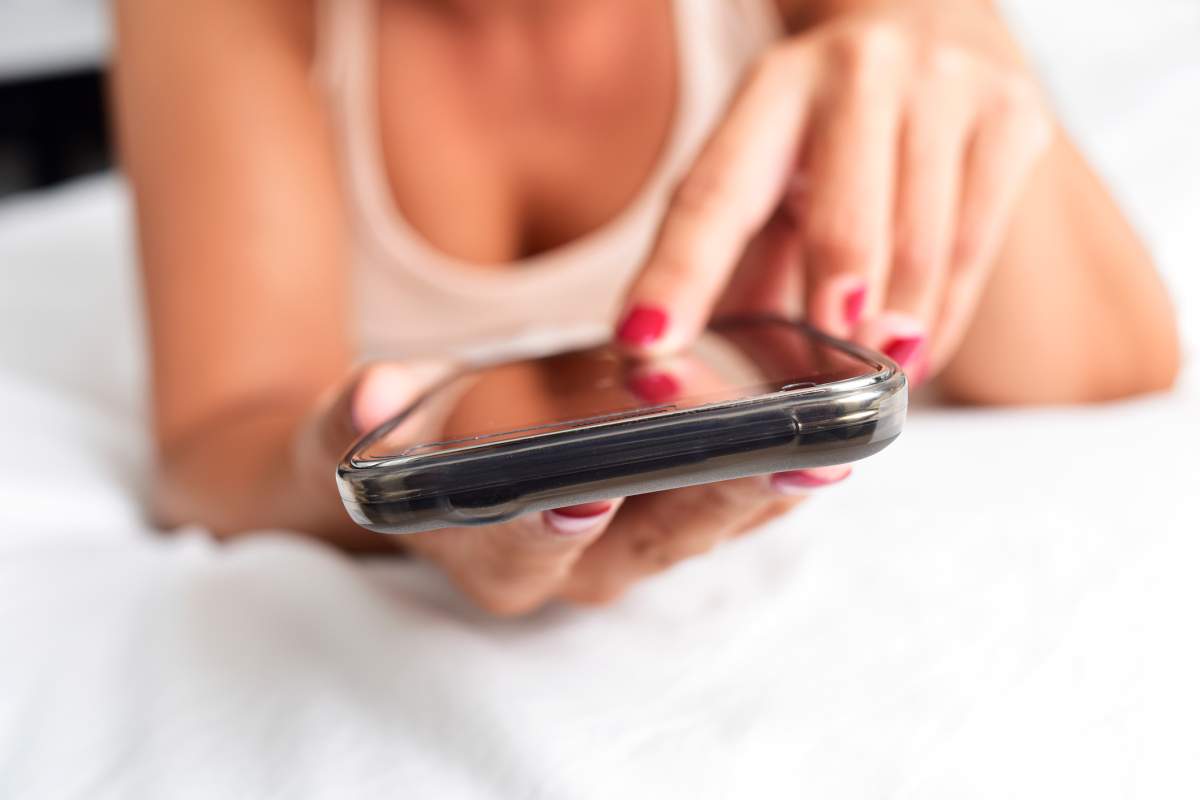Do you feel anxious when your smartphone isn’t within reach? New research suggests nomophobia, a separation anxiety that kicks in when you’re away from your smartphone, is the real deal.

Scientists out of City University in Hong Kong say that people are so reliant on their phones these days, and their gadgets store so many of their memories, that they’ve grown attached to them.
“Although smartphones have indeed positively influenced various aspects of life at both the societal and individual level, the negative effects of problematic use – overuse, dependence and addiction – of the technology have also been increasingly acknowledged in recent years,” the study reads.
“Specifically, separation from smartphones is found to cause increases in heart rate, anxiety, blood pressure, and unpleasant feelings – the symptoms of nomophobia,” it says.

Get weekly health news
READ MORE: The lowdown on phone addiction and how to get over it
It describes nomophobia as a discomfort or anxiety that triggers when your smartphone isn’t available to you, keeping away virtual communication.
The term – no mo (no mobile) phobia (fear) – was coined in 2012 and made it into the dictionary by 2016.
For their study, the scientists wanted to measure who’s most at risk of nomophobia.
They worked with about 200 students out of South Korea, asking them how much they agreed with a series of statements about smartphone usage, how they put their phones to work in their daily lives and any other quirks they may have.
Turns out, a majority of the students admitted that their smartphones were almost an extension of themselves and they “get attached” to their smartphones because they’re the key to storing and sharing every detail of their lives from the mundane texts to the videos of milestone memories.
READ MORE: Why your phone and the ‘fear of missing out’ may negatively impact your mental health
All of the information they needed in their lives was at their fingertips on their phones.
Because of this dependency, the students leaned towards “phone proximity-seeking” tendencies; They wanted their devices nearby to them at all times.
They also had phone-induced wrist and neck pain, had trouble focusing on work or studying and often let their devices distract them.
Ultimately, nomophobia could be eating away at peoples’ quality of life, the researchers warn.
READ MORE: Half of Canadians say their smartphone is on hand 24/7: Poll
So what should we do about it? The scientists say that being cognizant of being overly reliant on our devices is a good start.
“Nomophobia, fear of missing out (FOMO), and fear of being offline (FOBO) – all anxieties born of our new high-tech lifestyles – may be treated similarly to other more traditional phobias. Exposure therapy, in this case turning off technology periodically, can teach individuals to reduce anxiety and become comfortable with periods of disconnectedness,” Dr. Brenda Wiederhold said in a press release accompanying the study.
The full findings were published in the journal Cyberpsychology, Behavior, and Social Networking.
carmen.chai@globalnews.ca
Follow @Carmen_Chai













Comments